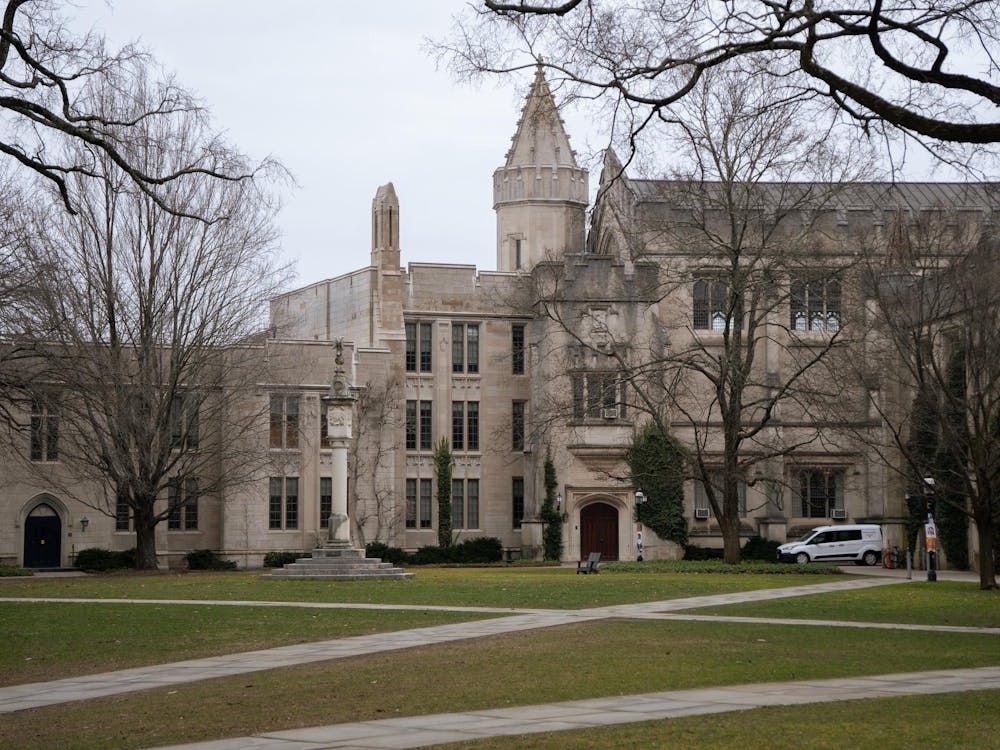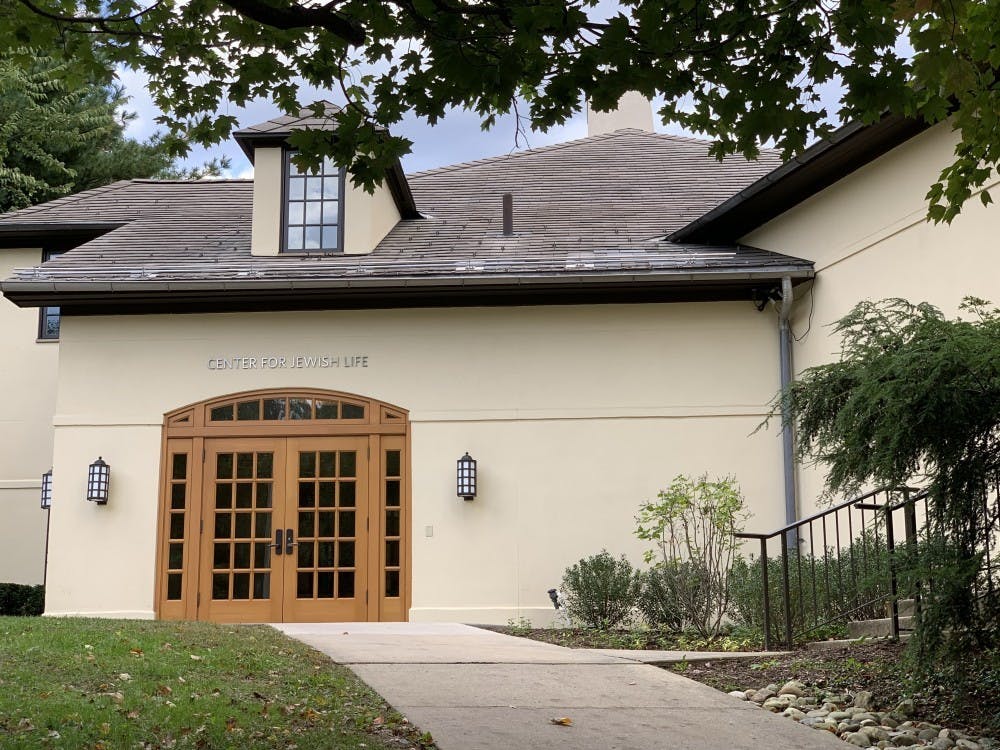An “open meeting” in a Robertson Hall classroom followed; we met to gauge interest in forming a student group dedicated to political action, including reform of harsh mandatory sentencing laws for possession of small amounts of controlled dangerous substances within 1,000 feet of school property (even parking lots). PJP was born that night and continues to this day, albeit much changed.
Among its first leaders was Melisa Moehlman ’02, who wrote her junior paper on criminal sentencing; as her adviser, I urged her to find the “1,000-foot lines” in Trenton. She could not, as no one in City Hall seemed to know; yet 18-year-olds of color were going to prison for five or more years for possession with intent to distribute depending on which side of an invisible line they were arrested on.
Among PJP projects, here’s a thumbnail sketch of a few and of the students who led them and where they are now.
1. Needle Exchange Today: PJP members rallied to fight the spread of HIV/AIDS in New Jersey. The New Jersey state government had the most retrograde policies in the nation, refusing to implement clean needle exchange programs that were becoming increasingly popular in urban areas in other states. Robin Williams ’04 (now a doctor), Nida Parks ’03 (now with the U.S. Agency for International Development) and Erin Blake ’06 (medical student) were among the leaders of this project. They testified in Trenton and at city councils, confronted governors and persevered until New Jersey finally accepted needle exchange programs (somewhat, at least).
2. Equal rights for same-sex partners: When a gay couple sued to overturn the state’s bar to same-sex marriage, PJP members went to work drafting a comprehensive amicus brief for the New Jersey Supreme Court, which we filed despite the attorney general’s objection. While the court stopped short of ordering full marriage rights, it articulated a civil-union compromise. Chris Lloyd ’06 (business school), Kjerstin Elmen-Gruys ’04 (graduate school) and Brittany Hume ’05 (Johnson & Johnson) did research and writing, and Tom Bohnett ’07 (law school) helped persuade the USG to support the brief after a referendum.
3. “Standard of need” for families in need: Frequently warehoused in Route 1 motels are many impoverished families dependent on public aid. Because aid was calculated based on a legislatively mandated “standard of need” that had not been upgraded in decades, it was often grossly insufficient. PJP provided reality-based research on a modern standard, and after concluding their research, they testified before a state legislative committee hearing. As a result, the state issued new minimum living standards, the first since the 1970s. Leaders in that project were Williams, Chanda DeLong ’02 (now a lawyer), Anne Healy ’04 (lawyer) and Nicci Stoic ’02 (doctor), among others.
4. Student-initiated conferences: Since public awareness is the first step in reforms, PJP organized events that focused on societal needs not often scrutinized in classrooms. These included the Prison Reform Project, run by Krista Brune ’06 (graduate school) and Spencer Compton ’05 (lawyer); a conference titled “Brown v. Board of Education: 50 Years Later,” organized by Sarah Holloway ’06 (working in a microlending program in Mexico City); and Death Penalty Awareness Week, organized by Shawn Sindelar ’04 (graduate school in London).
Today, PJP is struggling to redefine itself, now that “civic engagement” is an accepted part of the undergraduate experience with full-time staffing at the Pace Center (founded 2001), among other University-funded outlets for student activism (broadly defined). And that may have been PJP’s greatest success. Founded at a time when student apathy was dominant, PJP showed that “Princeton in the nation’s service” is more than a motto to espouse at graduation; it’s a credo for life that properly begins as an integral part of the undergraduate experience.
Happy anniversary!
R. William Potter ’68 is a partner at the Potter & Dickson law firm and a frequent preceptor in law-related courses at the University. He can be reached at potterrex@cs.com.








